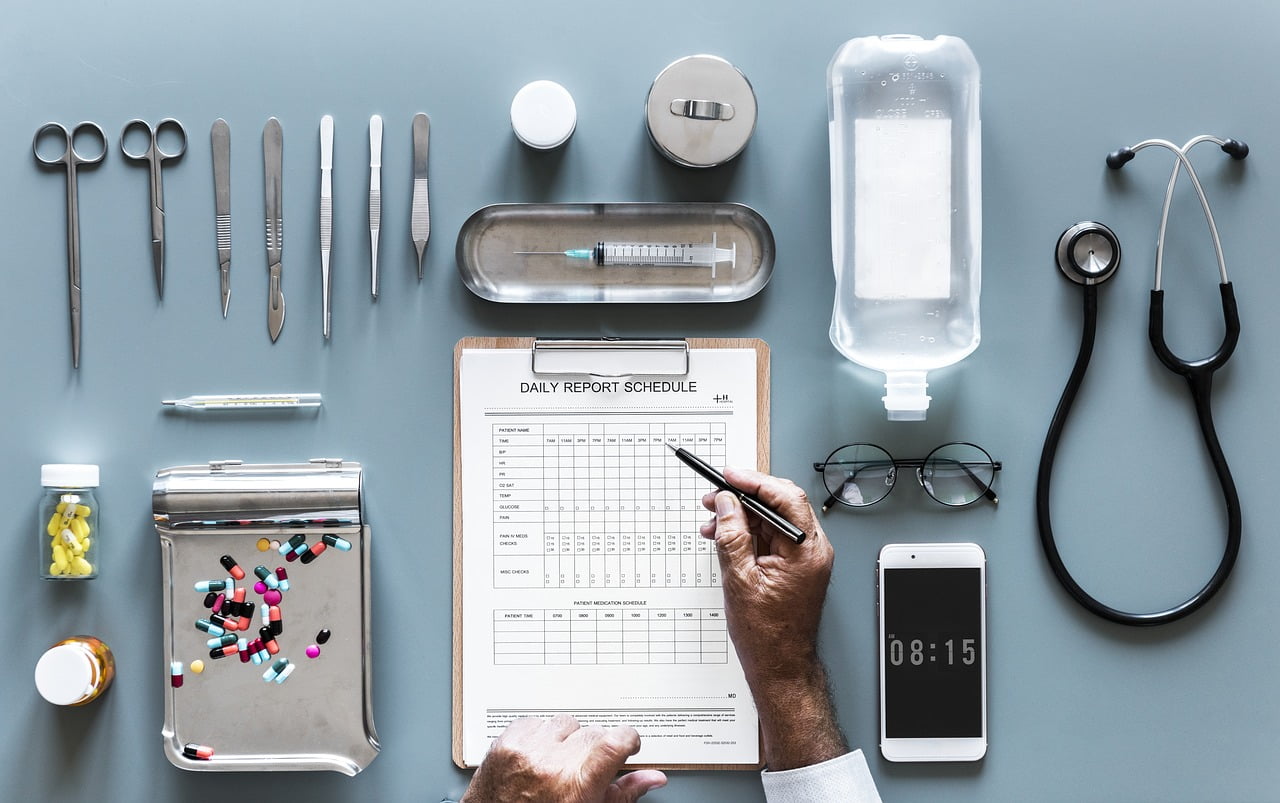Having to undergo breast cancer treatment can be worrisome in itself. Women also have to be concerned with the possibility of developing lymphedema. This is when lymph fluid accumulates in one area because it cannot be drained properly from the tissues.
Lymphedema can be extremely painful and cause hardening of the tissues and there is a risk of possible infections. For anyone having undergone breast cancer treatment, the most likely places for lymphedema to occur is the arm area of the affected breast. Sometimes it can occur on the chest, hands, back and under the armpit.
Your lymphatic system works to carry protein molecules back to the heart. What’s more, it carries those molecules that are too big to fit into the veins. Due to the nature of breast cancer treatment, these vessels become injured. When the damage is severe, they lose their ability to carry away the fluid and so it builds up in the arm area and becomes lymphedema.

Lymphedema Information – Breast Cancer
Lymphedema does not always make itself known immediately after surgery or radiation treatment. It can take a few months or even years to show up. Once you have developed lymphedema it needs to be self-managed. As such, seeking treatment from your doctor as soon as warning signs appear is extremely important. We cannot stress this enough. Visit a health professional should you notice anything is off.
Your lymphatic system is an important part of your immune system as well, as it helps to balance out the fluids in your body. While 90% of the fluid in your body is moved by your blood vessels, the remaining 10% is moved by your lymphatic system.
This fluid is rich in protein and is technically called lymph fluid. Your lymphatic system is made up of a series of vessels which end in small glands called nodes. These nodes play a vital role in your health. When you are not feeling well and your glands swell up this means your lymphatic system is working hard.
Lymph Systems And Your Health
All areas of your body drain lymph fluid to certain lymph nodes. The breasts drain them to lymph nodes that are in your armpit area, which is the reason why some of these armpit nodes are removed during breast cancer surgery.
While this surgery is necessary, it can also cause complications for your lymphatic system. Because the lymph node is now missing, the lymph fluid has nowhere to go, so it starts to pool in one area.
This does not mean that every woman who has a lymph node removed will develop lymphedema. At the current time, it is extremely difficult to predict those who are at a high risk of developing it.
Lifestyle Choices And Tips To Avoid Lymphedema
There are certain lifestyle conditions which could put you at more risk for developing lymphedema and one of the major ones is being overweight. To reduce your risk you want to maintain a healthy body weight and keep your body hydrated. Avoiding extreme heat can also reduce your risks, this includes not taking saunas, using a hot tub, or participating in hot yoga.
If you have undergone surgery then avoid lifting anything heavy with that particular arm. Protect your skin as much as possible and use moisturizers to prevent your skin from drying out. Also, do not wear any clothes or jewelry which will restrict your movements.
Early signs of lymphedema include having a heavy feeling in your arm or chest area. The area may turn red and you may notice that your clothes do not fit properly. The affected area could feel unusually warm and some women experience a pins and needles feeling.
Noticing Signs Of Lymphedema And Taking Action Early
If you notice any of these signs after having surgery then let your doctor know immediately. Once you have lymphedema you need to learn how to manage it. This includes learning how to help your lymph fluid drain by using a gentle massage technique.

It is also important to exercise regularly and special bandages can be worn on the arm to help the lymph fluid drain. Your doctor can help educate you on how to manage your symptoms to suit your lifestyle.
Remember if you have any concerns about your risks for developing lymphedema then discuss them with your health care provider. Being educated is an important aspect of learning how to live with this condition.
Random Questions
Maintain a healthy weight, stay hydrated, avoid extreme heat, and be cautious with the affected arm. Early detection and self-management are crucial.
Overweight, surgery, and lifestyle choices can increase the risk. Being informed and adopting a healthy lifestyle helps mitigate these risks.
The exact percentage varies, but not every survivor develops lymphedema. Regular monitoring and adopting preventive measures are essential.
While lymph node removal increases the risk, it’s challenging to predict individual odds. Early signs awareness and proactive management are key elements in reducing risks.
